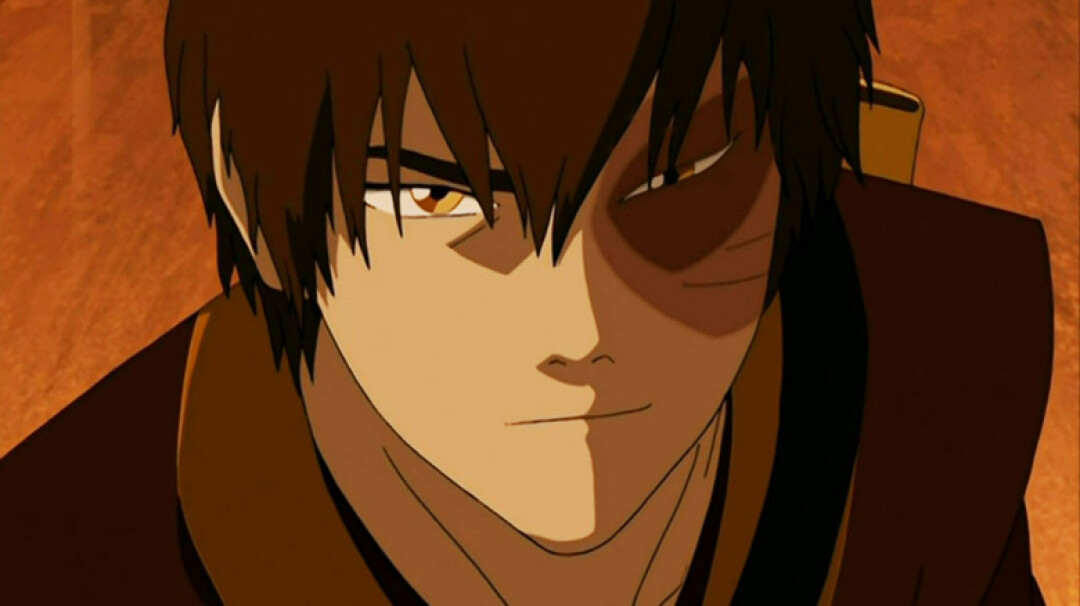
If I asked you, “who are you?”
Would you point to God or what you do?
Michael DiMartino and Bryan Konietzko’s Avatar: The Last Airbender debuted in February, 2005 and ran on Nickelodeon for three years. The show presents four Nations, each able to “bend” or control a distinct nature element (water, earth, fire and air), with one special person called the Avatar being able to bend all four. When the story begins, it is explained that the Avatar has been missing for a hundred years as the Fire Nation waged an imperialist war against the three other Nations. The story depicts many fascinating characters, each with their own subplots and story arcs. Aang is the Avatar and last airbender charged with restoring balance to the world, but the story arc which stands out the most is arguably Zuko’s as he struggles with his “practical identity” in contention with his “conception of self.” A Brigham Young University Professor named Justin White, in a lecture given on February 16, 2023, explained that “practical identity, [is] how people interact with the world, and conception of self, [is] how people see themselves and want to act.” In relation to Zuko, his practical identity is an armor which incites fear and honor, a scar given to him by his father, but deep within, Zuko’s true conception of self is love, represented by his caring nature as a child. Throughout the story, Zuko is constantly asked, “who are you?” as he is forced to choose between what his father wants and what he believes to be good.
Early on in the show, if we were to ask Zuko, “who are you?”
he might say scarred.
Everytime he looked in the mirror,
every eye that met his,
reminded him of the scar his father gave him.
If I were to ask you, “who are you?”
Would you think of your scars?
Everytime you look in the mirror,
every eye that meets yours,
are you reminded of your scars
or His?
Jesus was constantly asked, “what do you say of yourself?”
by pejorative pharisees and curious souls,
but each time He brought His Father into the conversation.
“I and the Father are one,” He said,
revealing the Father with every word spoked and work undertaken,
unto the undoing of ego.
Despite the accusations, the unbelief, the mockery,
my Lord defined Himself by the Father, saying,
“Verily, verily I say unto you, the Son can do nothing of Himself,
but what He sees the Father do; for what things soever He does,
these also does the Son likewise.”
And when he hung on that cross for hours bleeding
and asphyxiating to death, he allowed the Father to scar Him
not just to allow us to receive God as our father
but also to show us The Way.
In the last season of the show, the conflict between Zuko’s practical identity and conception of self shatters like a broken mirror only to reconfigure into who he truly is. For most of his life, he bent fire through anger and pain, but later in the story he relearns how to bend fire with love and passion reflective of who he truly is beneath his armor and scar. Beneath the armor we carry everyday in personas and scars molded by the world which hurt us lies the children of whom Jesus says, “forbid them not, to come unto me: for of such is the kingdom of heaven.” Carefully molded with clay into the image of God, the greatest tragedy is how easily we are remolded by the expectations of the world and the scars inflicted by our fathers. When Jesus’s arms were overextended on that cross, He was saying, “come, let me show you who you are. The Father’s image you were made to carry.”
Despite Avatar: The Last Airbender being a children’s show, when I watch Zuko, I see myself. I see a young man who defined himself by his scars, by the world’s perception of him and his actions only to learn that he is so much more. What truly matters is the scar in Jesus’ hands, feet, and side, the invitation to be image bearers of the Father as sons of Yahweh.
So if I asked you, “who are you?”
Would you point to what you do or what He’s done?
